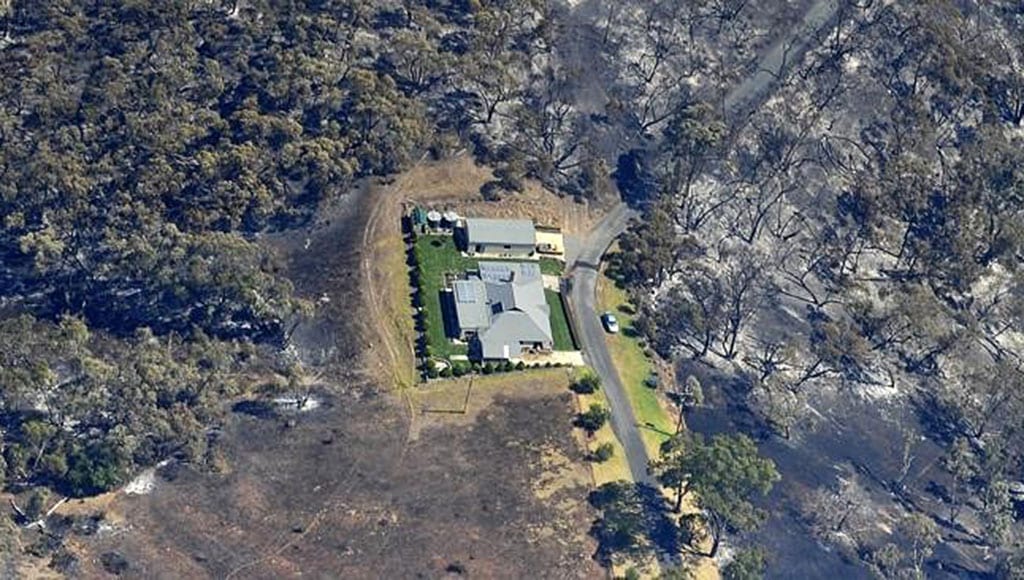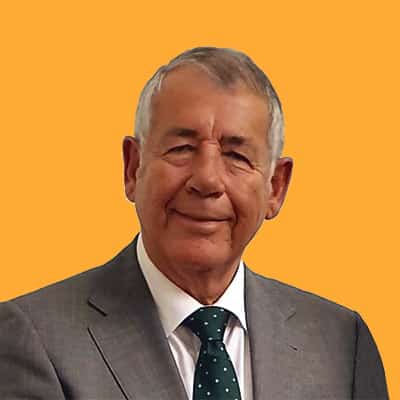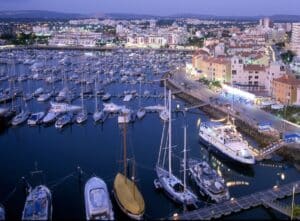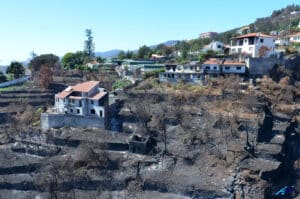Last month, “Part 1” of our two-part feature covered the protection of the building itself during rural fires, ensuring flames cannot pass through gaps in roofs and windows for example, or that doors and windows can withstand the extreme heat of wildfires.
However, the main objective is to reduce the risk of a fire reaching the property in the first place, by reducing the amount of surrounding flammable vegetation through fuel management (land cleaning).
Fuel management is the reduction of vegetable and woody materials to make it difficult for fire to spread vertically (from the herbaceous layer to the shrub layer and, in turn, to the crown) and horizontally (throughout the various layers). In short, it means cutting weeds, shrubs and trees in some areas.
When a fire reaches the areas where fuel management has been performed, it decreases in intensity. Homes and villages will be safer. Firefighters can intervene more effectively and safely in areas where fuel management has been performed.
With increasing episodes of extreme weather, it is essential that we understand the risks to our homes in the event of rural fires. We do not know precisely when or where fires will occur, but those living in rural areas, particularly high-risk areas, should be prepared.
What has changed since last year?
In terms on land cleaning, the ICNF has informed us at this time there have been no changes in the law compared to last year. This year, we expect the annual publication of the list of high-risk fire areas very shortly. Some parishes will have been added and others taken away depending on the conditions in the areas concerned. It is important to be aware, if you live in one of these areas, as these are the main focus of inspections by GNR and enforcement. We will publish on our website once released.
What should residents now do?
Firstly, we suggest studying the Top 10 Checklist, which we advise you to cut out and keep handy.
Regarding neighbouring land which is overgrown and in the event of non-compliance, report this to the GNR as soon as possible. All complaints, where verified as a fire risk, are acted up on a priority basis! So, do not delay. This is an issue which can cause problems, especially if the owner does not live there. If it is not cleaned, you should report to the GNR.
By May 31, 2025, city councils must guarantee the performance of all fuel management works, and must replace the owners and other forest producers in default, proceeding with the fuel management provided for by law.
Fuel management
The deadline for cleaning land is April 30. Before then, the cleaning of lands adjacent to buildings (i.e., in a range of 50 metres); and for clusters and industrial areas (in a range of 100 metres) must be carried out for those living in rural areas.
A dedicated line for information on matters such as land cleaning and all issues concerning protection measures is 808 200 520.
Enforcement
When it comes to enforcement, much of this, but not all, will be to focus on the priority areas identified. The GNR started the Safe Forest 2025 Campaign on February 1, in mainland Portugal and the Islands, and will last until November 30 of this year.
The GNR have informed Safe Communities Portugal that the campaign aims to: “Carry out awareness-raising and monitoring actions, inspection actions, surveillance and detection of rural fires, investigation of causes and forest fire crimes and validation of burned areas, to prevent, detect, combat and repress illegal activities, guaranteeing the safety of the populations, their assets and the preservation of forest heritage.
“At certain periods (dates to be confirmed), priority will be given to parishes identified by the government, with the GNR carrying out awareness-raising actions, identifying critical situations for subsequent communication to owners and knowledge to local authorities.”
Personal contact with the owners will be sought, so that one of the main intended effects of these actions can be achieved, raising awareness among citizens so that they can implement fuel management on the marked properties.
Burning land and debris
Over half the fires in 2024 were caused by burning of debris and extensive burning getting out of control. Many people clean their land by burning heaped and piled debris. As the uncontrolled use of this last year caused over half of the total fires, it is important to register with ICNF (where you can obtain assistance) and, secondly, if you are doing this yourself, follow the important safety measures.
Between November 1 and May 31, when the fire risk is Low, Moderate or High, requests are made in the form of prior communication (does not require a decision process) – Status reported: “Meets conditions”. Contact Câmara Municipal, Municipal Bombeiros, call 808 200 520 or online at https://fogos.icnf.pt/InfoQueimasQueimadas/
However, when the fire risk is Very High or Maximum, authorization is required. Initial status reported: “Pending/awaiting council decision”. Post-decision status reported: “Authorized” or “Unauthorized” (same contacts as above)
How you can help
We all need to do our part, by sharing these important messages, reporting overgrown neighbouring land and, of course, keeping our own land in order. In this way, it will not only protect our property but also help all the civil protection agents involved in fighting fires.
Please share the safety information from our Safe Communities Portugal Facebook page, so it reaches the widest audience. Detailed information can be downloaded from the Safe Communities Portugal website (Civil Protection/Rural Fires/Land Cleaning).



















